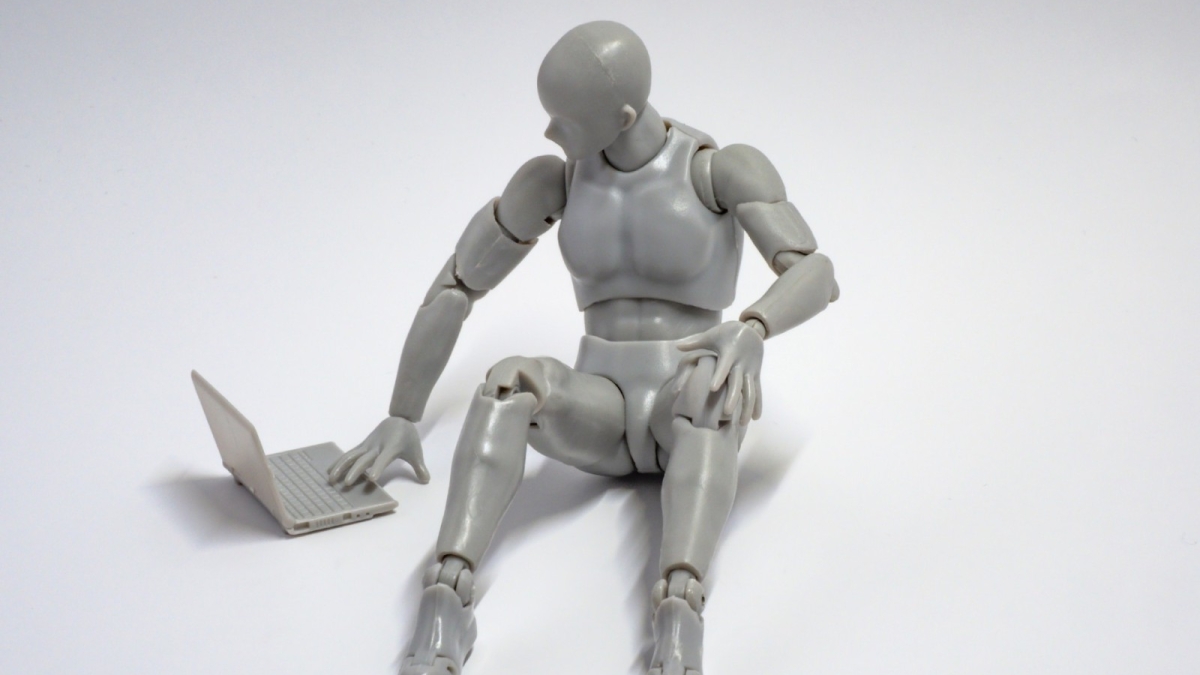
9 in 10 of SG’s workforce want tech to help define their future: study
45% want technology to aid them in identifying the skills they have to develop.
About 92% of Singapore’s workforce want technology to help define their future, as many of them continue to face uncertainty due to the pandemic.
In particular, employees want technology to help them identify skills that they need to develop (45%), provide the next steps to progress towards career goals (41%), and recommend ways to learn new skills (40%).
This was shown in a study by HR research and advisory firm, Oracle and Workplace Intelligence, which served more than 1,000 employees, managers, HR leaders, and C-level executives.
According to the study, employees are seeking professional development and are turning to technology for support.
From the surveyed employees, 85% would make life changes based on robot recommendations.
About 90% also believe that robots can support their careers better than humans in terms of being able to give unbiased recommendations (42%); finding new jobs that fit their current skills (40%), and giving quick responses to questions about their career (38%).
Whilst many have turned to technology for career development support, employees still believe that humans have a “critical role to play in career development.”
Employees, in particular, believe that humans can better provide support by offering advice based on personal experience (47%); identifying strengths and weaknesses (47%), and looking beyond a resume to recommend roles that fit personalities (46%).
The study also highlighted the need for employees to pay attention to their employees' needs more than ever as it found that 92% of employees believe their companies should be doing so.
Companies that use technologies like AI in companies for career growth will more likely have their employees stay (65%) as well, the study showed.
Peter Leow, human resources director of The Salvation Army International, said: “remote working and limited physical interactions further restricted understanding and information sharing” among employees which then led to lower engagement, collaborations, and trust.
“Robots and AI could help bridge some of these gaps to connect and strengthen interest and relations, improve work cultures through crowd sharing of information with efficacy. It enables empowerment, exploration, and experimentation within a safe and controlled environment with transparency and consistency to enhance creativity, efficiency, and effectiveness!” Leow said.
























 Advertise
Advertise






